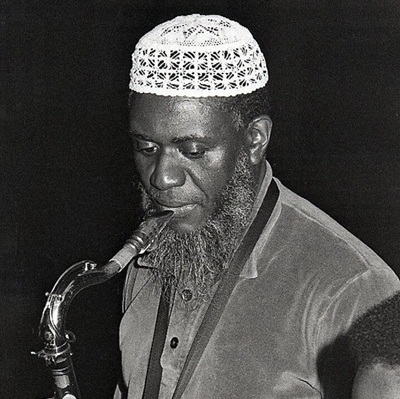_____
I finally got around to watching Whiplash over the weekend, accurately described by The Guardian’s Peter Bradshaw as the “Full Metal Jacket of jazz drumming.” Other than being recommended by several friends and casually knowing it involved a young musician attending a music conservatory, I did no research of the film prior to watching and had no expectation for it. I was struck by the brilliance of the performances – both acting and musical – but taken aback by the bizarre, near sadistic relationship between teacher (Terence Fletcher, played by Academy Award winner J.K. Simmons) and student (Andrew Neyman, played by Miles Teller).
It was great, but ultimately dispiriting art. How could anyone who purports to love music as much as Fletcher treat students of it with such cruelty? The overly harsh lessons (the scene in which three drummers audition for hours for first chair was actually uncomfortable to watch) seemed preposterous at times, but bad (even evil) teachers do indeed exist.
Fletcher excuses his behavior on the famous 1937 Club Reno encounter between Count Basie drummer Jo Jones and a young Charlie Parker, who lost his way during a jam session, causing Jones to throw a cymbal at Parker’s feet. (During the film Fletcher insists it was thrown at Parker’s head — and did so at his own musicians now and then). The resulting embarrassment led Parker to work harder, to come back great – and of course he did. Fletcher then insists that if it weren’t for Parker’s public humiliation, Parker never would have become “Bird,” and great art would not have been made. So…by “pushing people out of necessity”, and because in Fletcher’s world “there are two no more harmful words in the English language than ‘good job,'” Fletcher takes on the role of “Jo Jones” to the band’s Charlie Parker, driving them to greatness through humiliation.
The film is not based on a true story, but, apparently it was inspired by the experiences director Damine Chazelle faced as a drummer. Go see it if you haven’t already done so…
Click here for a review by A.O. Scott of the New York Times.















































Interesting, though I don’t know if I agree with Fletcher’s teaching techniques. Bird had his own issues, enough of them to question his conclusions.
Interesting, though I don’t know if I agree with Fletcher’s teaching techniques. Bird had his own issues, enough of them to question his conclusions.
I think it’s sad that some jazz teachers at the high school level actually do teach this way. Humiliating students in class, personal attacks on the student’s character — not based in fact or reality, false accusations without evidence, harassment of students by texting. They get away with it, despite parent complaints. Why? They are award-winning teachers, and principals want award-winning teachers. But at what cost?
It is not a joke when students in the program are pushed to the brink, and become hospitalized for breakdowns. It is not a joke when the teacher suggests all his students should watch this movie, then acts like Fletcher, without throwing cymbals. Where are the checks and balances at the secondary school level for this kind of teacher? I’m pretty sure this behavior would not be tolerated in an academic class.
I think it’s sad that some jazz teachers at the high school level actually do teach this way. Humiliating students in class, personal attacks on the student’s character — not based in fact or reality, false accusations without evidence, harassment of students by texting. They get away with it, despite parent complaints. Why? They are award-winning teachers, and principals want award-winning teachers. But at what cost?
It is not a joke when students in the program are pushed to the brink, and become hospitalized for breakdowns. It is not a joke when the teacher suggests all his students should watch this movie, then acts like Fletcher, without throwing cymbals. Where are the checks and balances at the secondary school level for this kind of teacher? I’m pretty sure this behavior would not be tolerated in an academic class.